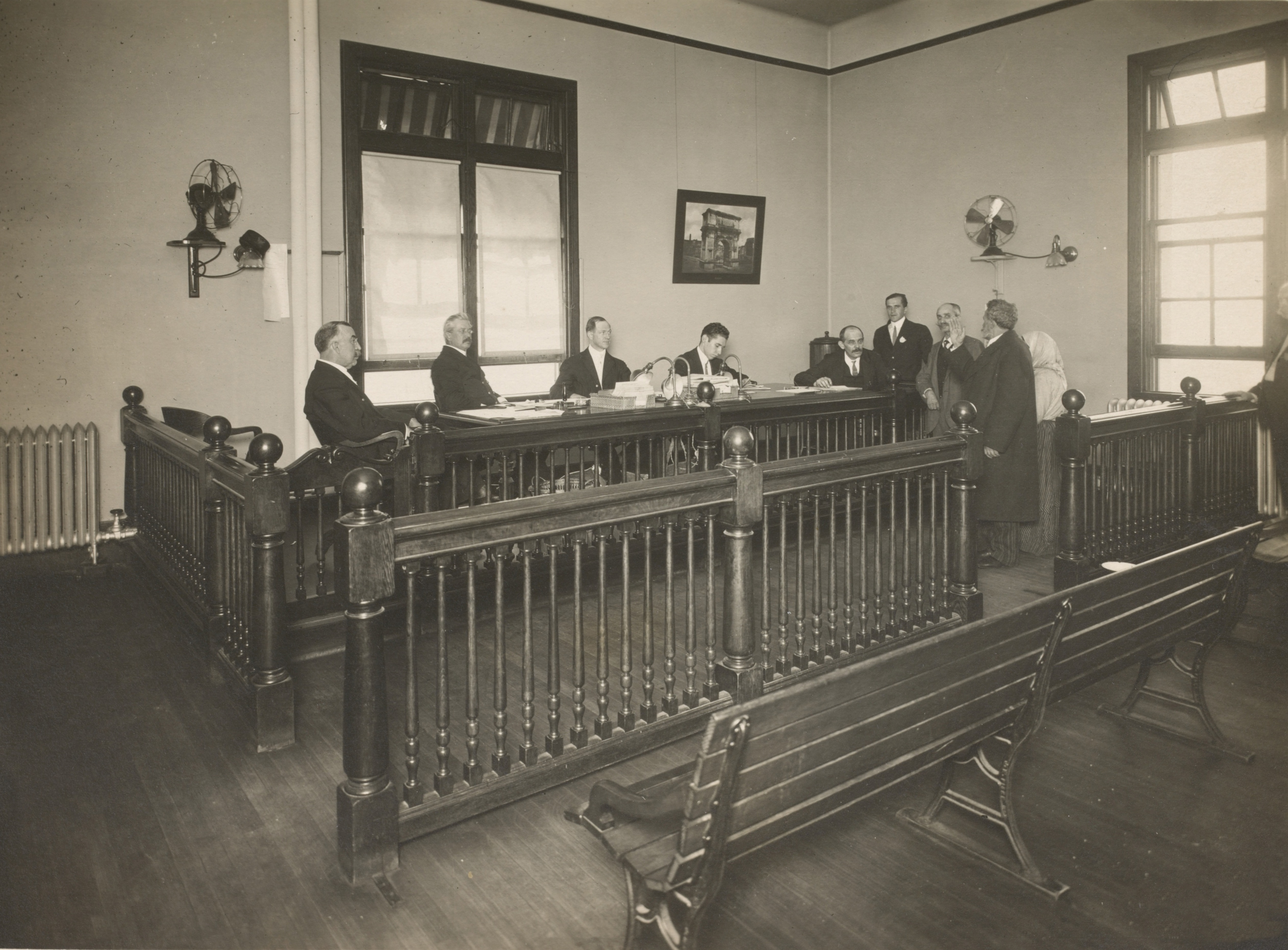No matter how many times you’ve done it, writing a proposal is always a little nerve-wracking. Whether you're applying for grant funding or pursuing professional services contracts, pressure to distinguish your organization from the competition and show your expertise is high.
Continue readingWhen you’re in the middle of research for your senior thesis, you know your topic so well that figuring out where to start when discussing it feels impossible. You’ve spent months or years exploring a topic to the point you can write and talk about it for hours. But a thesis that reads like an over-eager, disjointed monologue does not interest a reader or help her understand (and love) your topic. Letting the ideas tumble out of your head and onto paper without culling and organizing information will create more work for you—something no one wants, especially with tight deadlines.
Continue readingFor our final installment on The Perfect Brief, we offer a list you can quickly peruse to ensure you have checked all of the elements in your brief to make it the most convincing document you can put before a judge.
Continue readingA polished document encourages a generous reading, so review to correct mistakes, shorten the brief, and generally make the judge’s job easier. Below are several ideas to ensure that what we send to the court is our best work and enhances our reputation with the judge.
Continue readingOver centuries, these false notions have grown to dominate a litigation practice and stuff our briefs with the results of unsavory habits. We aim to dispel them, so you can deliver to the court your most persuasive brief.
Continue readingWhether you just returned from a two-week vacation or a two-day weekend, you probably logged on to your laptop to find a full inbox. Responding to email – and generating email for our own projects – consumes much of our workdays; we spend more than a quarter of our workweeks on email. If you’re overwhelmed by your inbox or just frustrated it’s preventing you from getting to other tasks, try these five strategies to clarify your emails and spend less time in your inbox.
Continue readingWhat gave you the idea for WordRake?
Although I have a law degree, I’ve devoted my career to writing and teaching writing. I’ve taught to businesses, universities, government agencies, and writing/publishing conferences. But most of my teaching was in the thousand-plus writing programs I taught to lawyers around the country. While I was teaching to lawyers, I noticed patterns in their writing, and I wondered if I could use those patterns to help them. After years of studying the patterns, I realized that a finite set of “signs” showed up consistently in words and phrases that added no meaning or formed a dull expression. And I saw that this was not peculiar to lawyers: these signs appeared in all writing. I analyzed the writing of the best writers, from Pulitzer Prize-winning novelists, to writers in Esquire and Vanity Fair, to Supreme Court Justices. In about 2000, I wondered if I could work with software engineers to put these signs and patterns into algorithms. I was astounded to see how the signs and patterns so consistently hunted down useless words and dull phrases.
Continue readingLegal writing can be a struggle because we’re expected to be fast and perfect. This creates a high-pressure situation where we’re sure to doubt ourselves. Fear, perfectionism, self-doubt, and external pressure are the main psychological ingredients for writer’s block. So how can we overcome writer’s block and get that first draft on paper?
Continue readingMost people want to improve their writing—but they don’t want to expend any effort to do it. Luckily, there is a way improve writing without taking a class or doing practice exercises: reading. Lazy, yet hopeful writers can get better simply by reading more. The more you read, the better you’ll write. This is your permission to read and relax and call it work. It may be the motivation you need to read more.
Continue readingBecause presenting our work in a clear and pleasing manner is so important, effective legal writers devote 35% of their time in any legal writing task to revising, editing, proofreading, and otherwise polishing the document.
Continue reading













